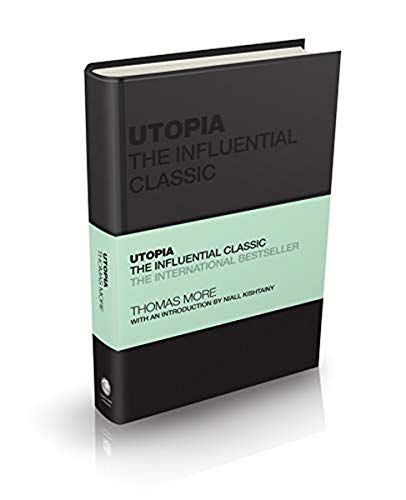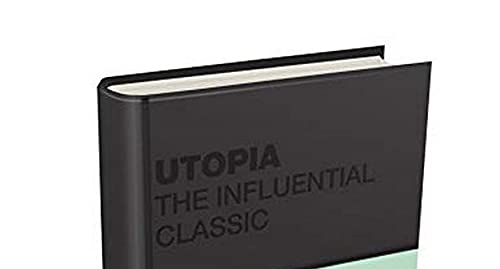Customer Services
Customer Support

Desert Online General Trading LLC
Warehouse # 7, 4th Street, Umm Ramool, Dubai, 30183, Dubai
Copyright © 2025 Desertcart Holdings Limited




Capstone Utopia: The Influential Classic
Trustpilot
1 month ago
3 weeks ago
2 weeks ago
1 week ago